Simple Herbal Uses

What to do with herbs besides using them in cooking?
They're easy to grow, beautiful, fragrant,
full of health benefits, and are incredibly versatile!
Herbs are best known for their medicinal and culinary uses,
but there’s so much more you can do with them.
From spray disinfectants to wreaths and garlands,
custom herb salts, there's something here
for every room of your house.
Here's just the tip of the iceberg to get you started.
*Harvest early in the morning just after the dew has
dried off the leaves for strongest scent.
Be sure to wash herbs and let dry completely.
Be sure herbs have not been sprayed with anything.
When it comes to lemon-scented herbs, Lemon Verbena has the most intense oil concentration per square inch of plant material.
Lemon Verbena loves warm weather and is hardy in zones 8 - 11.
Lemon verbena typically drops its leaves when temperatures
dip below 40 degrees F, entering dormancy.
Water when the top 2 inches of soil are dry.
Roots do not like being constantly wet.
Propagate by cutting an unblemished 3''- 5'' softwood stem tip from a Lemon Verbena plant. Make a 45 degree cut about 1/2'' below a leaf node. The best time to do this is during late spring or early summer when the plant is actively growing. This is the time of year that stem tips carry the highest concentration of plant hormones.
*Due to it's strong fresh scent Lemon Verbena makes great sachets. A simple no sew sachet is to take a handkerchief, add dry Verbena to the center, a great way to use Grandma's hankies without damaging them.
fold up corners and tie with a coordinating ribbon.
Even dry it has a strong Lemon scent.
Place in a drawer or hang on a door knob.
*Lemon Verbena oil can be made the same way as Rosemary Oil.
*A great addition to your potpourri.
*Add some leaves when making Candles.
Choose a spot that has full sun to plant your Bay Leaf Tree.
Bay trees have a very shallow root system,
so watering should be frequent, especially during summers.
Bay is hardy in zones 8 through 10.
Bay trees are easily propagated. Bay Tree propagation begins by taking cuttings, do this in summer when the wood is green and pliable. Take three or so cuttings at least 6'' long. You want the cutting to be firm but the wood should be easy to bend. Strip off all leaves from each cutting except the top two or three. Dip stems in rooting hormone and place in small pots. within a couple of months you should have rooted cuttings. Give them an easy tug, if you feel resistance you have roots!
*Harvest some Bay Leaves to make a lovely Wreath. You can use either dry or fresh. Fresh leaves will dry on Styrofoam wreath form.
Start by gluing leaves on form, then tucking the next leaf under the last.
Continue until entire form is covered.
*A great craft for kids is to string fresh Bay Leaves into a garland.
No right or wrong way, poke threaded needle through leaf to make garland as long as you want.
Just like stringing popcorn!
Sage is a hardy perennial with pretty, grayish green leaves. It grows spikes of spring flowers in different colors, including purple, blue, white, and pink. Sage should be planted in full sun with well draining soil as it won’t tolerate sitting in wet soil.
Be sure to water the young plants regularly until they are fully grown so that they don’t dry out. They’ll need a consistent moisture supply until they start growing quickly. They are happy in zones 6 - 9.
Sage can be propagated by placing a stem in a glass of water for a few weeks, mature roots will develop. When there a good amount of roots, you can plant in the ground.
*Making Sage Bundles/smudge bundles. You can also use different types of herbs that dry well like lavender, juniper, pine, rosemary, cedar, and even roses! You can use as many or as few herbs as you like. The size of your sage bundle is totally up to you and 100% custom!
Gather your fresh herbs, with the stems as flush as possible.
Add any type of floral petals, small roses, or anything that will dry well on top
Take your string or twine and secure the end of the twine to the thickest stem by tucking it in slightly, but also leaving a small tail to circle back to at the end. In swirling motions going upwards, tightly bind the herbs together.
As the herbs will shrink when they are dry, you’ll want to wrap them super tight to ensure the twine stays in tact. When you get to the top, spiral down in the opposite direction to make and “X” with the twine. Secure the wrap by tying a knot with the tail you started with and tuck in any excess string. If you'd like to can trim the ends to make it look neater.
*Sage Posy is an easy little gift you can make. Gather a small bundle of cut Sage, wrap a paper doily around it and voila!
Sage has been dried and used for millennia across cultures to clear the air, bring protection and peace, and raise the vibration of any space. The smoke is considered to have cleansing properties that extend from the physical into the metaphysical realm. You can use your bundle as home décor or once your bundle is dry you can burn it to release the fragrant smoke.
Rosemary is an evergreen perennial in zones 9 or higher. Upright varieties of rosemary are considered more cold hardy than prostrate varieties. Rosemary prefers to grow in hot, arid climates with intense sunlight. They can't tolerate wet feet, so proper drainage is essential.
Propagate by taking approx. 10'' cutting from the parent plant. It should be a healthy stem that’s grown in the current year. Cuttings should be planted in good soil with good drainage.
*Bundle Rosemary branches together for a room deodorizer while drying them.
*Make a simple Heart Wreath by forming a wire coat hanger into a heart shape then attaching fresh Rosemary branches to it.
*Sprinkle Rosemary needles over your carpet prior to vacuuming to freshen the room naturally
*Make Rosemary Oil by filling entire jar with fresh Rosemary. Add Olive Oil until it just covers all the Rosemary. Replace lid on jar and leave to steep in a completely dark place. Leave for at least a month, longer will be stronger. Strain the oil and your homemade Rosemary Oil is ready to use. There are many uses for Rosemary Oil.
--I add 10-12 drops of Rosemary oil for every ounce of shampoo or conditioner in the container. This nourishes and strengthens hair on a daily basis or anytime you wash your hair. A recent study tested and compared the effects of Rosemary Oil and Minoxidil (2%) on hair loss and found them to be equally effective.
For more info and photos check out my blog:
https://dragonflytreasure.blogspot.com/2021/04/herbs-use-fresh-or-dry.html
Enjoyed the project?


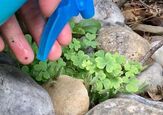

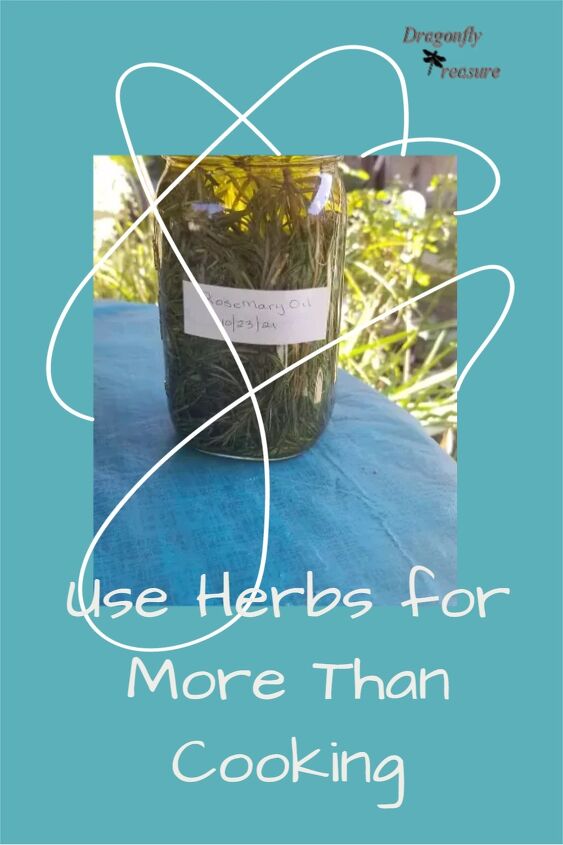




















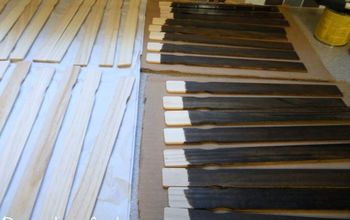
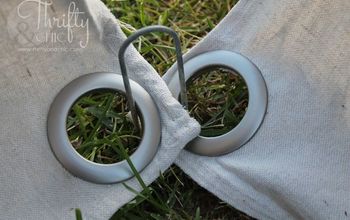



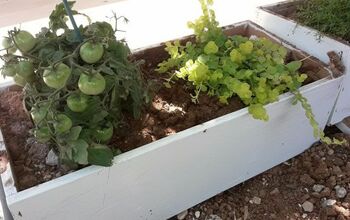
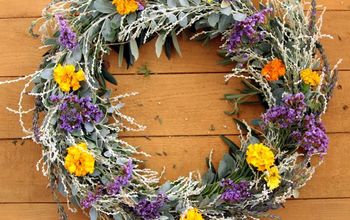
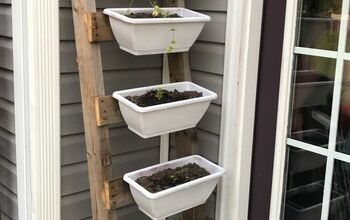
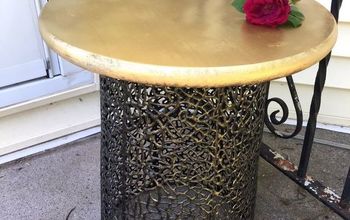
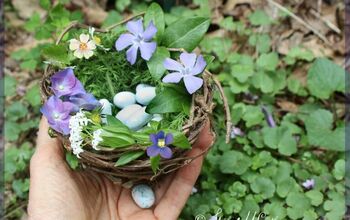












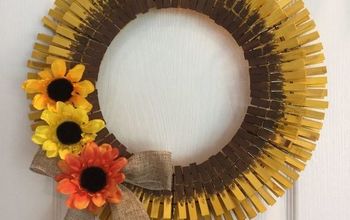
Frequently asked questions
Have a question about this project?